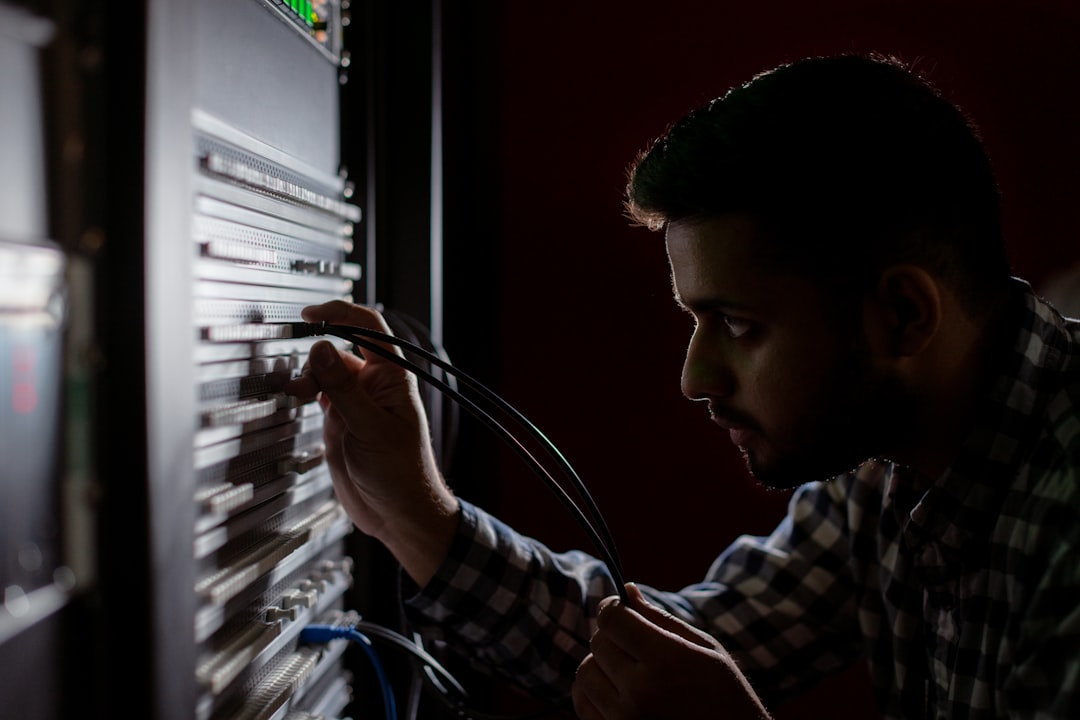In today’s world, the importance of sustainable engineering practices cannot be overstated. As we face the challenges of climate change, resource depletion, and environmental degradation, it is crucial that we adopt sustainable engineering practices to ensure a greener future for generations to come.
Sustainable engineering is the practice of designing, constructing, and operating systems and processes in a way that minimizes their impact on the environment and society. This includes reducing energy consumption, conserving natural resources, and minimizing waste and pollution. By incorporating sustainable engineering practices into our projects, we can help to mitigate the negative effects of human activity on the environment and create a more sustainable and resilient society.
One of the key principles of sustainable engineering is the concept of “cradle to cradle” design. This approach focuses on designing products and processes that can be recycled or reused at the end of their life cycle, rather than being disposed of in a landfill. By designing products with recyclability in mind, engineers can help to reduce waste and conserve natural resources.
Another important aspect of sustainable engineering is the use of renewable energy sources. By incorporating solar, wind, and other renewable energy technologies into our projects, we can reduce our reliance on fossil fuels and decrease our carbon footprint. In addition to reducing greenhouse gas emissions, renewable energy sources can also help to create jobs and stimulate economic growth in local communities.
Water conservation is also a critical component of sustainable engineering. By designing systems to capture, treat, and reuse water, engineers can help to alleviate water scarcity and reduce the strain on our water resources. This can include implementing rainwater harvesting systems, greywater recycling systems, and water-efficient plumbing fixtures to reduce water consumption and promote sustainable water management practices.
In addition to reducing energy consumption and conserving natural resources, sustainable engineering practices also focus on minimizing waste and pollution. This can include designing products with minimal packaging, using non-toxic materials, and implementing recycling programs to divert waste from landfills. By incorporating these practices into our projects, engineers can help to reduce the environmental impact of our activities and protect the health and well-being of future generations.
One example of sustainable engineering in action is the development of green building design practices. Green buildings are designed to be energy efficient, environmentally friendly, and socially responsible. This can include features such as energy-efficient lighting, low-flow plumbing fixtures, and sustainable building materials to reduce energy consumption, conserve water, and promote healthy indoor environments.
Sustainable engineering practices are also being applied in the transportation sector to reduce greenhouse gas emissions and promote sustainable mobility. This can include designing fuel-efficient vehicles, implementing public transportation systems, and promoting active transportation options such as walking and cycling. By reducing our reliance on fossil fuels and promoting sustainable transportation options, engineers can help to reduce air pollution, alleviate traffic congestion, and improve public health.
In conclusion, sustainable engineering practices are essential for creating a greener future for our planet. By incorporating principles such as cradle to cradle design, renewable energy, water conservation, and waste minimization into our projects, engineers can help to mitigate the negative effects of human activity on the environment and create a more sustainable and resilient society. As we continue to face the challenges of climate change and environmental degradation, it is imperative that we embrace sustainable engineering practices to ensure a healthy and prosperous future for generations to come.

